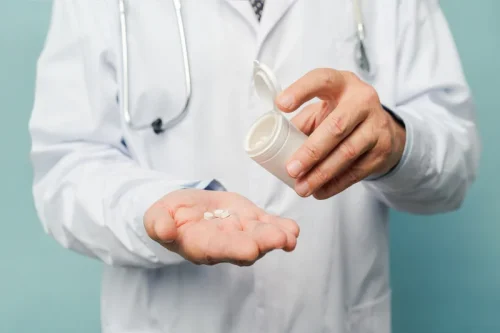
Payment of benefits are subject to all terms, conditions, limitations, and exclusions of the member’s contract at time of service. If one has an alcohol problem, they shouldn’t be ashamed to ask for assistance, and one should ask now before it is too late. Detox and addiction rehab centers offer recovery programs that can help even the most desperate individuals overcome their alcohol dependency. Regardless of the nature and severity of drinking problems, they can help a victim of addiction and manage alcohol effects.
Kidney Damage
Heavy boozing has been shown to up the risk for certain cancers, including breast, liver, mouth, and throat cancer. The study confirmed that drinking alcohol, regardless of how much, led to poorer health. If you drink more than 12 units of alcohol, you’re at considerable risk of developing alcohol poisoning, particularly if you’re drinking many units over a short period of time. The severity of the short-term effects of alcohol typically depends on how much a person drinks, but other factors such as hydration and food consumption also play a role.
For more information about alcohol and brain health, please visit the Alcohol and the Brain topic page.
- Alcoholic pancreatitis symptoms include abdominal pain, nausea, vomiting, and more.
- If you or a loved one is struggling with the long-term effects of alcohol use, Dilworth Center is here to help.
- The cerebellum is the brain’s control center for movement, balance, and coordination.
- Many people underestimate the potential damage alcohol can inflict, when consumed in excess over extended periods.
There’s also more of an effect on your brain and its development if you’re younger — one that can have a lasting impact. These effects can happen even after one drink — and increase long term alcohol misuse may cause with every drink you have, states Dr. Anand. You’ve had a stressful day and want to unwind with a glass of wine.

Changes in Mood
Binge drinking too often can make it harder to fall asleep and stay asleep. It can also increase snoring and sleep apnea, making it hard to get a good night’s rest. Heavy drinking can hamper your immune cells from fighting off viruses and bacteria. It also can harm your liver, which plays an important role in your immune system by making antibacterial proteins. The more you consume alcohol in one sitting, the more you increase your blood alcohol concentration (BAC) level.
- Alcohol can also lead to neuropathy, a condition that affects your nerves and causes a feeling of numbness, tingling and even pain in your limbs.
- It can also lead to cirrhosis, where your liver is unable to do its job and actually starts to deteriorate.
- Alcohol is high in “empty calories,” meaning it lacks nutrients.
- It can also damage the heart muscle, making it less efficient at pumping blood.
Continuing to drink despite clear signs of significant impairments can result in an alcohol overdose. This condition can be mild, moderate, or severe, depending on the number of symptoms you have. Alcohol is a central nervous system depressant that has immediate effects on the body, like intoxication (feeling drunk) and hangovers (unpleasant aftereffects from drinking).
Start the road to recovery
While the harmful effects of alcohol can be disconcerting, healing and risk-reduction is within reach. Working with a physician can help you create a personalized plan for making a change. Besides long-term health complications, excessive alcohol use increases your risk of developing certain cancers. The physical effects of alcohol consumption will also depend on your blood alcohol content (BAC).


But prolonged alcohol abuse can lead to chronic (long-term) pancreatitis, which can be severe. “The good news is that earlier stages of steatotic liver disease are usually completely reversible in about four to six weeks if you abstain from drinking alcohol,” Dr. Sengupta assures. Wine—specifically red wine—contains high levels of antioxidants.
Reasons to Drink More Water
As the effects of alcohol https://ecosoberhouse.com/ wear off, we often feel worse because alcohol withdrawal negatively affects the brain and body. Liver disease is any condition that damages the liver and affects its function. Alcohol-related liver disease, in particular, describes conditions that occur due to the overconsumption of alcohol.
Long-Term Psychological and Neurological Effects of Alcoholism

In the long term, binge drinking may result in any of the long-term effects of alcohol consumption, such as heart disease, cancer, liver cirrhosis and diabetes. The physical short-term impact that alcohol has on the body starts almost immediately, leading to a range of physical impairments. Even after a few drinks, individuals may experience dizziness, nausea, slurred speech, and loss of Oxford House coordination.
How to Get Treatment for Alcohol Use
Cirrhosis, on the other hand, is irreversible and can lead to liver failure and liver cancer, even if you abstain from alcohol. If alcohol continues to accumulate in your system, it can destroy cells and, eventually, damage your organs. But when you ingest too much alcohol for your liver to process in a timely manner, a buildup of toxic substances begins to take a toll on your liver.
